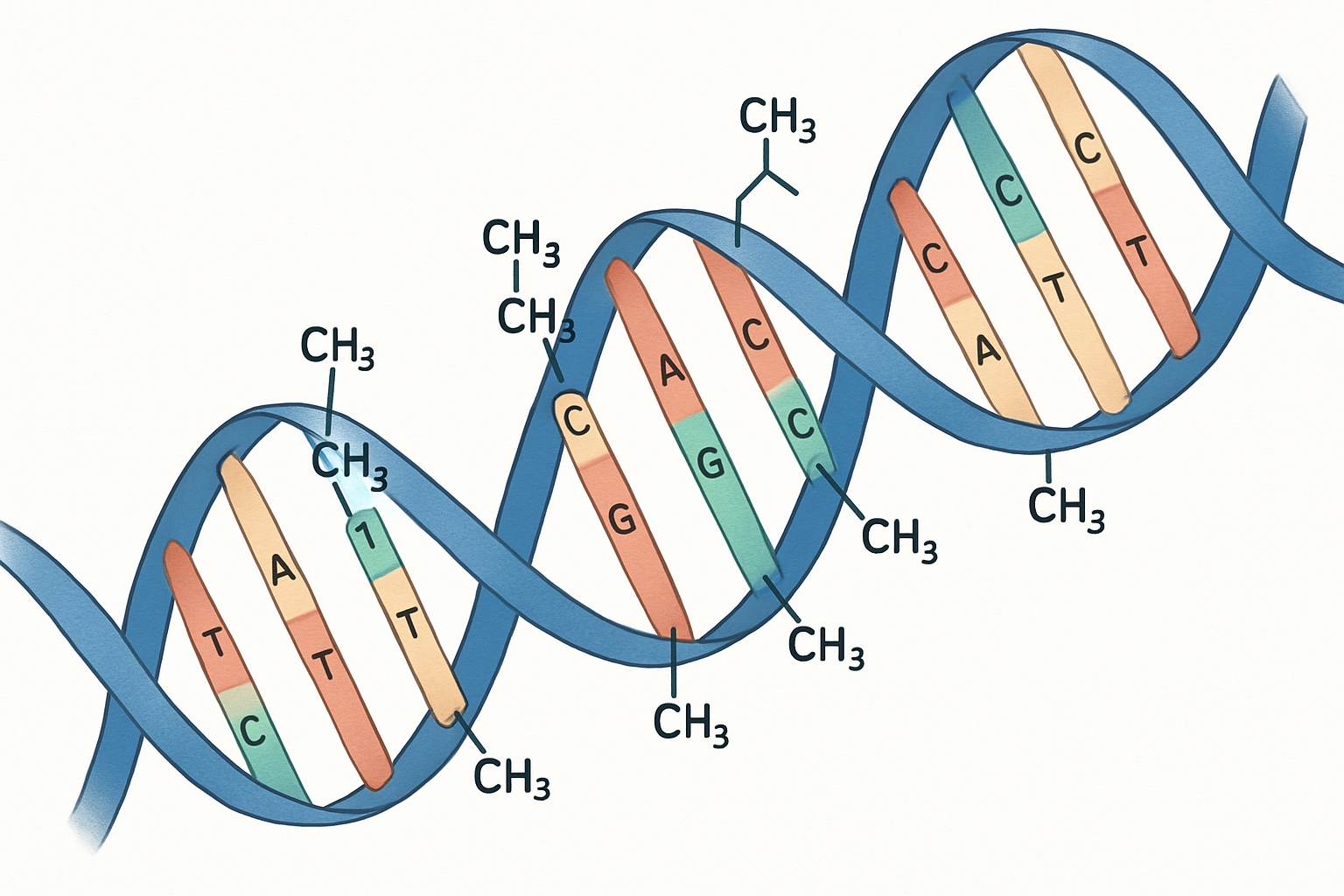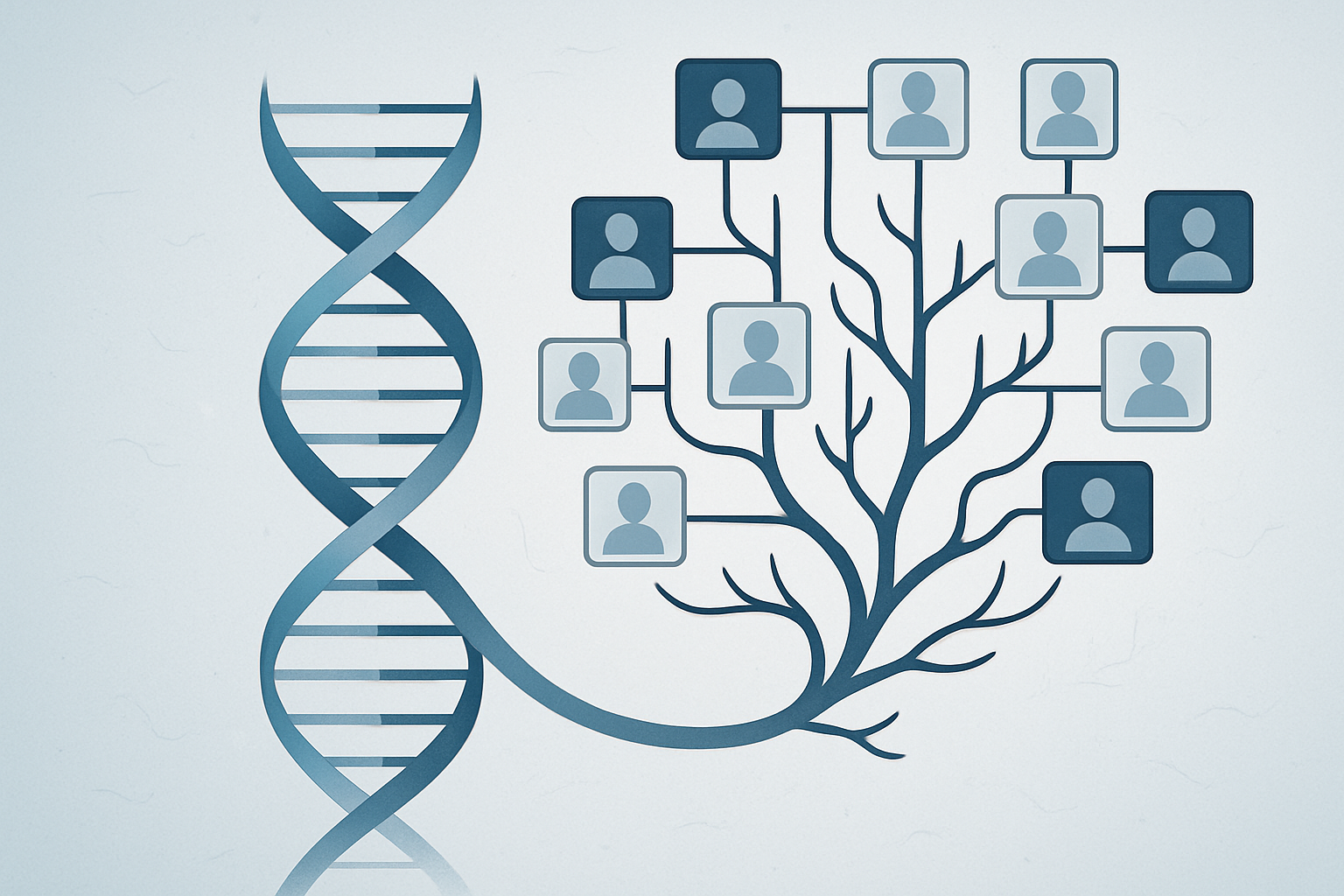Accessioning in forensic science refers to the process of receiving, sorting, and labeling evidence samples, such as DNA, fingerprints, and blood samples. This step is critical as it plays a key role in ensuring the accuracy and reliability of forensic testing results. The accessioning process in forensic science is similar to that of laboratory medicine, with the specimen accessioner responsible for ensuring that each sample is properly identified and distributed to the appropriate department for analysis. The careful management of the accessioning process is essential to ensure that justice is served and the public is protected. The accessioning process in forensic science requires a high level of attention to detail and a thorough understanding of forensic procedures and protocols.
Accessioning
Accessioning – the process of receiving, sorting, and labeling samples. The specimen accessioner is also responsible for the accurate distribution of the samples to the correct departments for testing.
Forensic Analyst by Profession. With Simplyforensic.com striving to provide a one-stop-all-in-one platform with accessible, reliable, and media-rich content related to forensic science. Education background in B.Sc.Biotechnology and Master of Science in forensic science.






